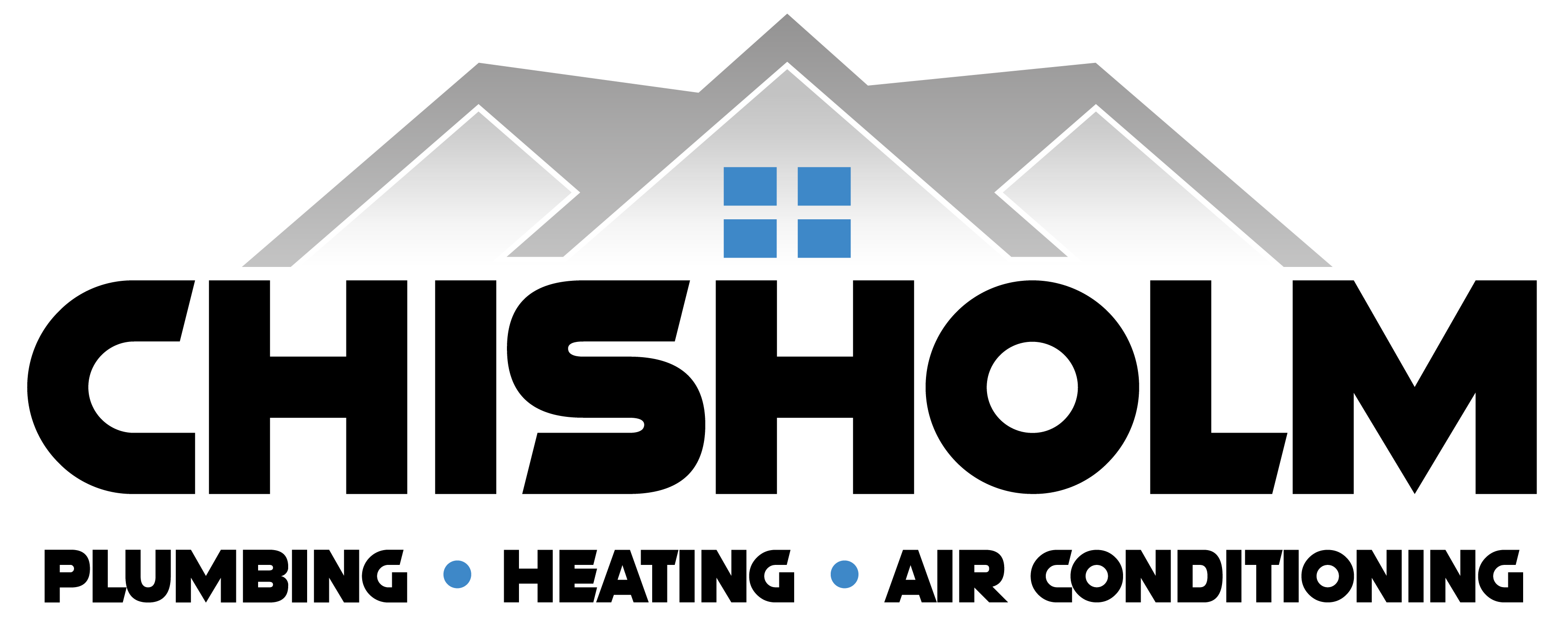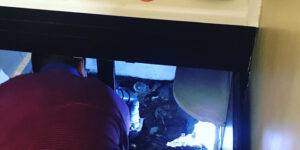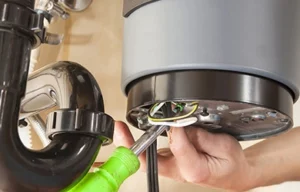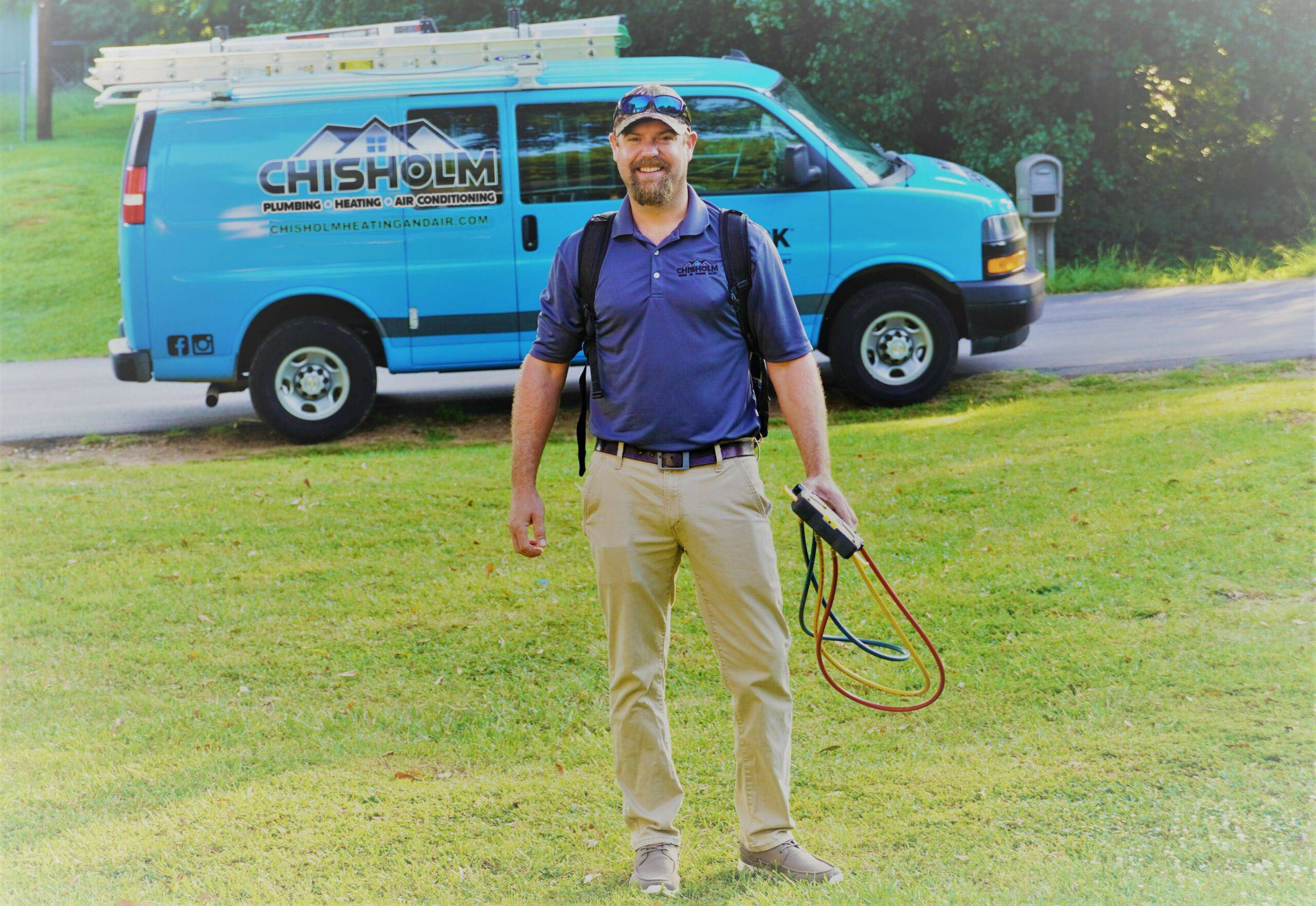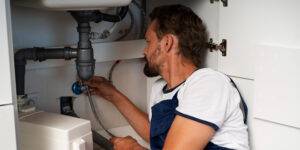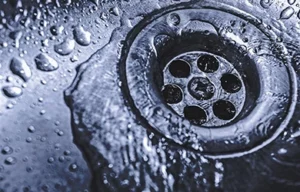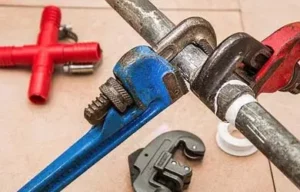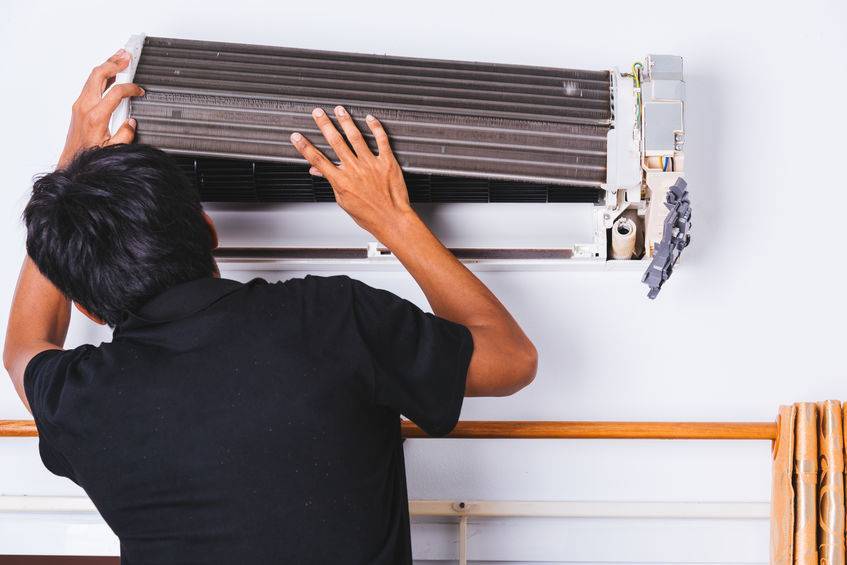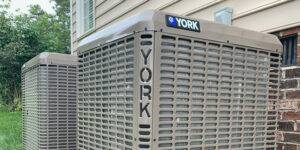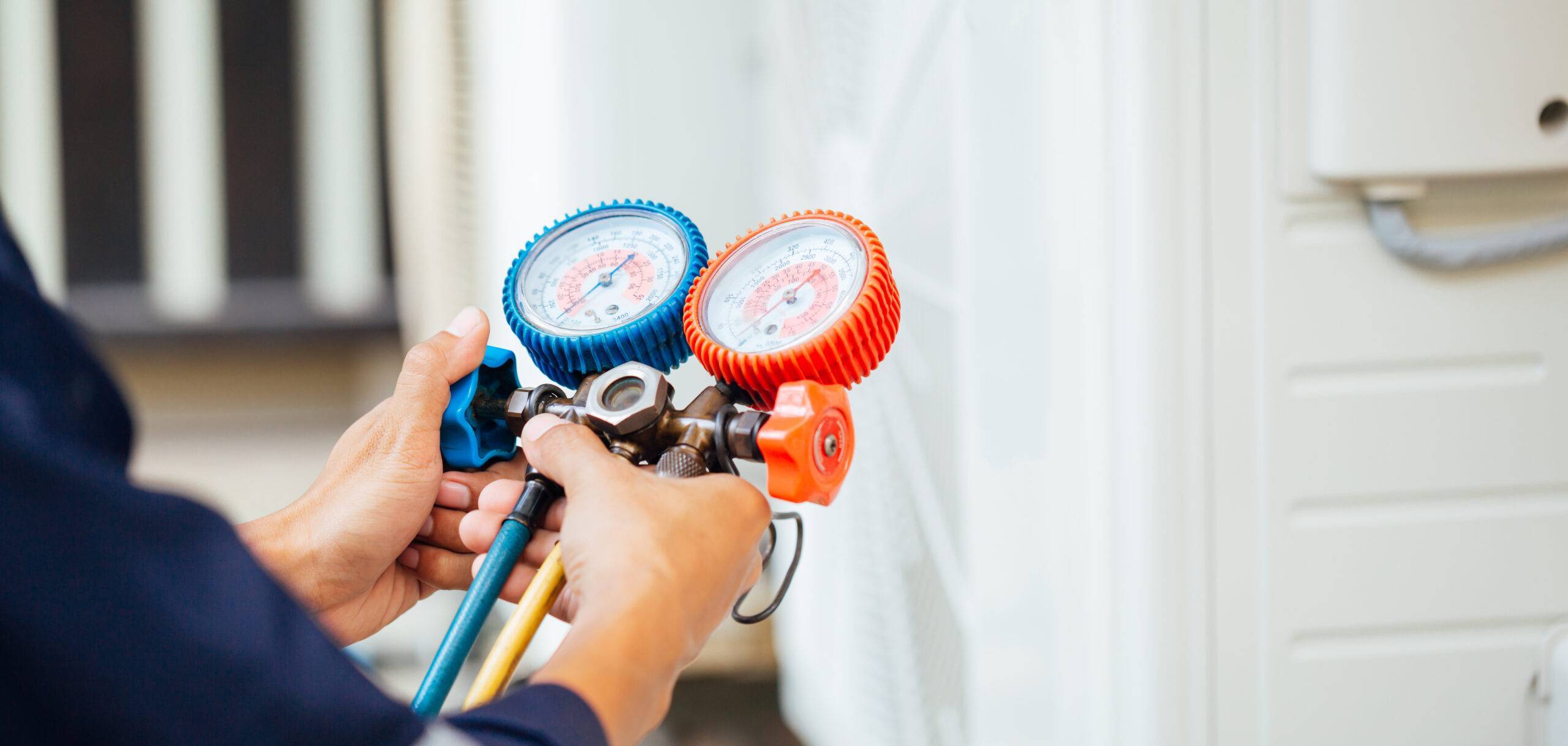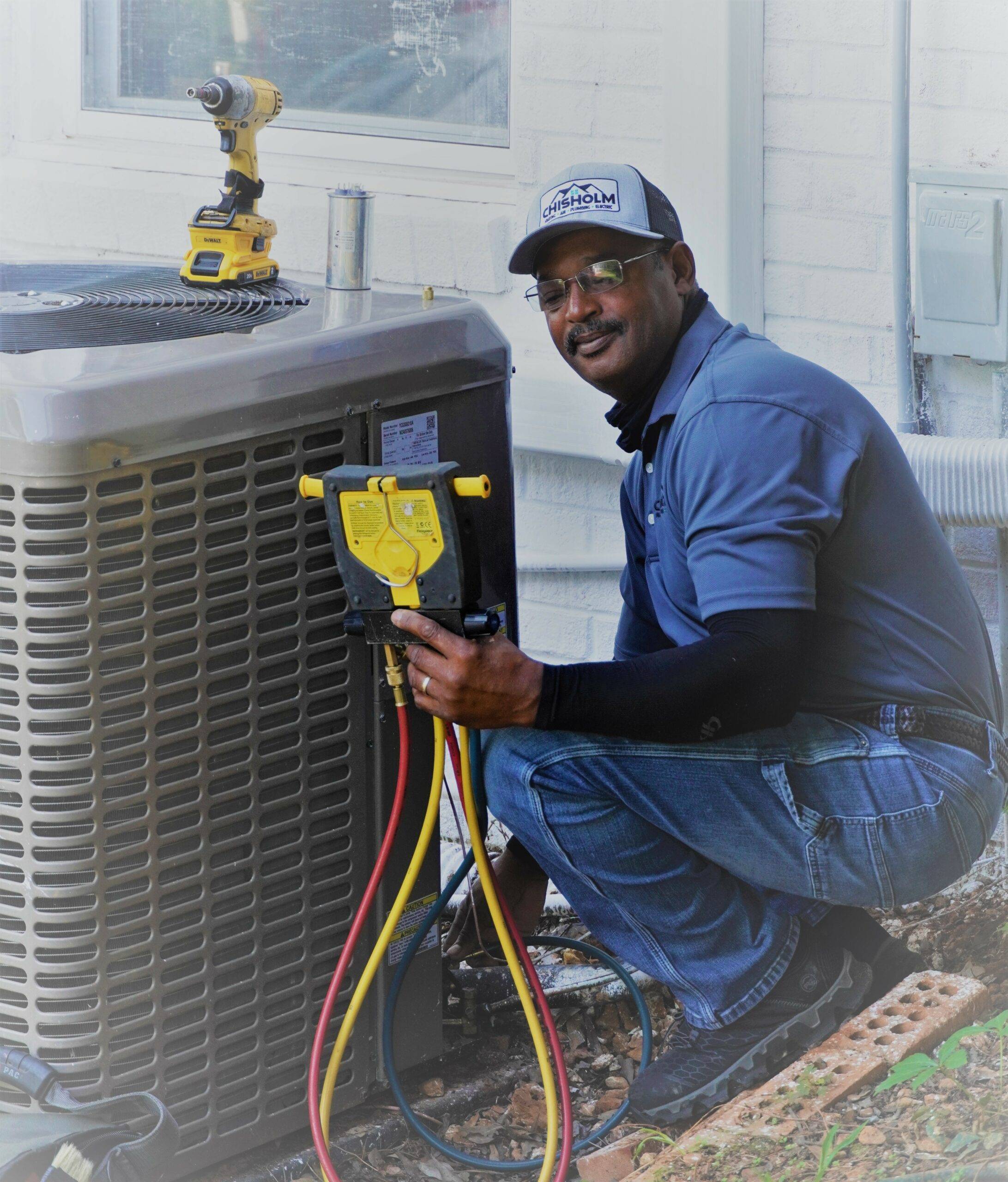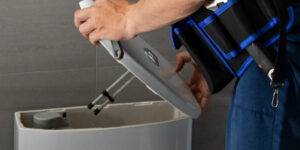
A running toilet can be both annoying and costly, wasting gallons of water and increasing your water bill. Fortunately, fixing a running toilet is often a straightforward process that you can handle yourself with a few simple tools. In this blog, we’ll guide you through the steps to fix a running toilet and help you identify when it’s time to call in a professional.
Key Points Covered:
- Identifying the cause of a running toilet
- Step-by-step guide to fixing common issues
- Tools you may need
- When to call a professional
- Why choose Chisholm Plumbing, Air & Electric
- Common myths and FAQs
Identifying the Cause of a Running Toilet
Before you start fixing your running toilet, it’s essential to identify the cause. The most common reasons for a running toilet include:
- Faulty Flapper: The flapper may not be sealing properly, allowing water to continuously flow from the tank to the bowl.
- Fill Valve Issues: The fill valve may not shut off correctly, causing the tank to overflow.
- Float Problems: The float might be set too high or too low, affecting the water level in the tank.
- Chain Issues: The chain connecting the flush lever to the flapper might be too short or too long.
How to Fix Common Running Toilet Issues
1. Fixing a Faulty Flapper
A faulty flapper is often the most common cause of a running toilet. Here’s how to fix it:
- Step 1: Turn off the water supply to the toilet by turning the valve located behind the toilet clockwise.
- Step 2: Flush the toilet to drain the tank.
- Step 3: Remove the old flapper. It’s usually attached by two hooks on either side of the overflow tube.
- Step 4: Install a new flapper. Ensure it’s properly aligned and attached to the overflow tube.
- Step 5: Turn the water supply back on and test the toilet by flushing it a few times. Ensure the flapper seals correctly and stops the water from flowing.
For more detailed guidance on fixing a running toilet, check out our plumbing services.
2. Adjusting the Fill Valve
If the fill valve is causing the issue:
- Step 1: Turn off the water supply.
- Step 2: Remove the tank lid and check the fill valve. If water is flowing over the top of the overflow tube, the fill valve needs adjustment.
- Step 3: Adjust the fill valve by turning the adjustment screw or by bending the float arm gently to lower the water level.
- Step 4: Turn the water back on and test the toilet. Ensure the water stops filling before reaching the top of the overflow tube.
3. Adjusting the Float
If the float is the problem:
- Step 1: Turn off the water supply.
- Step 2: Adjust the float arm to the correct level. For ball floats, gently bend the arm downwards to lower the water level. For cylinder floats, use the adjustment screw or clip to change the height.
- Step 3: Turn the water supply back on and check the water level. The water should stop filling about an inch below the overflow tube.
4. Fixing Chain Issues
For chain-related problems:
- Step 1: Turn off the water supply.
- Step 2: Adjust the chain length so it allows the flapper to close properly. The chain should have a slight slack when the flapper is down.
- Step 3: Turn the water supply back on and test the toilet. Ensure the chain doesn’t get stuck under the flapper or prevent it from sealing.
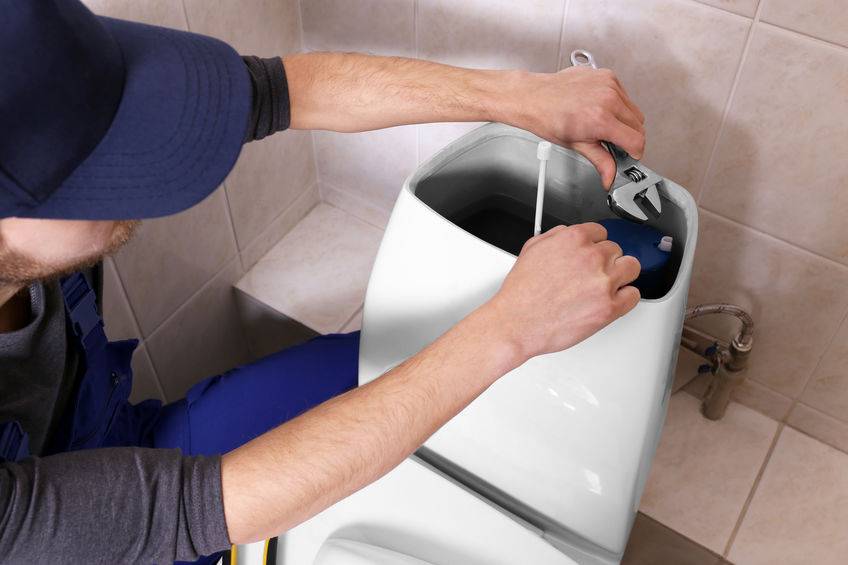
Tools You May Need
- Adjustable wrench
- Pliers
- Screwdriver
- Replacement parts (flapper, fill valve, float)
- Bucket (to catch any water)
When to Call a Professional
While many running toilet issues can be fixed with simple DIY steps, there are times when calling a professional is the best option. If you’ve tried the steps above and the toilet is still running, or if you notice more serious issues such as a cracked tank or persistent leaks, it’s time to seek professional help. Chisholm Plumbing, Air & Electric is here to assist with all your plumbing needs. Learn more about our plumbing services.
Why Choose Chisholm Plumbing, Air & Electric?
At Chisholm Plumbing, Air & Electric, we pride ourselves on delivering exceptional service to our customers. Here’s why you should choose us:
- Comprehensive Services: From plumbing to air conditioning, we handle all your home service needs. Whether you need routine maintenance, emergency repairs, or new installations, we’ve got you covered.
- Experienced Technicians: Our team is skilled and knowledgeable, ensuring high-quality repairs and installations. We stay updated with the latest industry practices to ensure your home’s systems are running efficiently.
- Customer Satisfaction: We prioritize fairness, honesty, and quality in every job we undertake. Your satisfaction is our top priority, and we strive to exceed your expectations with every service call.
- Flexible Financing Options: We understand that plumbing and HVAC issues can arise unexpectedly, which is why we offer flexible financing plans to suit your budget.
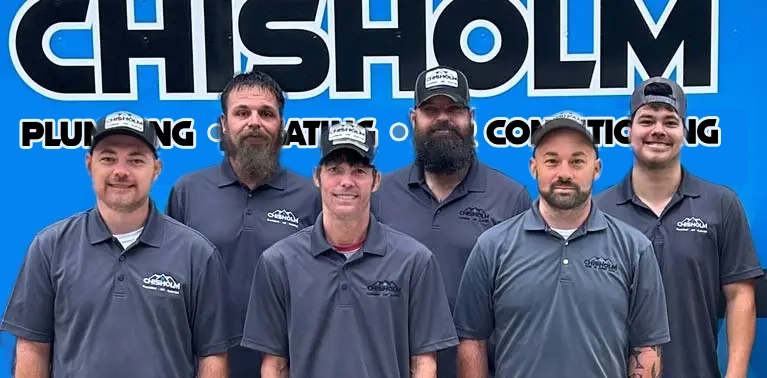
Running Toilet Water Waste and Cost Impact Table
| Issue | Water Wasted per Month | Potential Cost Increase |
| Leaky Flapper | 1,000+ gallons | $70+ |
| Faulty Fill Valve | 500+ gallons | $35+ |
| Improper Float Setting | 200+ gallons | $15+ |
| Chain Issues | 100+ gallons | $10+ |
Common Myths
Myth: A running toilet isn’t a big deal.
Fact: A running toilet can waste significant water and increase your water bill substantially. Even a small, continuous trickle can add up to hundreds of gallons wasted each month.
Myth: Only professionals can fix a running toilet.
Fact: Many running toilet issues can be fixed with simple DIY steps, such as adjusting the flapper or fill valve. However, if you’re uncomfortable making the repairs yourself, professional help is always available.
Myth: Replacing the entire toilet is always necessary.
Fact: Often, just a few parts need replacing or adjusting to fix the issue. Components like the flapper, fill valve, and float are inexpensive and can extend the life of your toilet without needing a full replacement.
FAQs
Q: How do I know if my toilet is running?
A: Listen for a continuous flow of water or check if the water level in the bowl is constantly changing. You can also perform a simple dye test by adding a few drops of food coloring to the tank. If the color seeps into the bowl without flushing, you have a leak.
Q: What tools do I need to fix a running toilet?
A: Common tools include a screwdriver, pliers, and replacement parts like a flapper or fill valve. You may also need an adjustable wrench and a bucket to catch any water.
Q: When should I call a professional?
A: If you’ve tried basic fixes and the toilet is still running, or if you’re not comfortable performing the repairs yourself, it’s best to call a professional plumber. Persistent issues, such as a cracked tank or constant leaks, also require professional attention. Learn more about our services here.
Fixing a running toilet can save you water, money, and frustration. By identifying the cause and following the steps outlined above, you can often resolve the issue yourself. However, if you need professional assistance, Chisholm Plumbing, Air & Electric is here to help. Contact Us today for expert plumbing services and to ensure your home’s plumbing is in top condition.
